
5 minute read
Lockdown successes
INVESTIGATION Q1WINNERS
WHY A SHUT-UP SHOP WASN’T BAD NEWS FOR EVERYONE
The third lockdown brought a significant amount of hardship to the automotive sector but a few brands still managed to flourish.
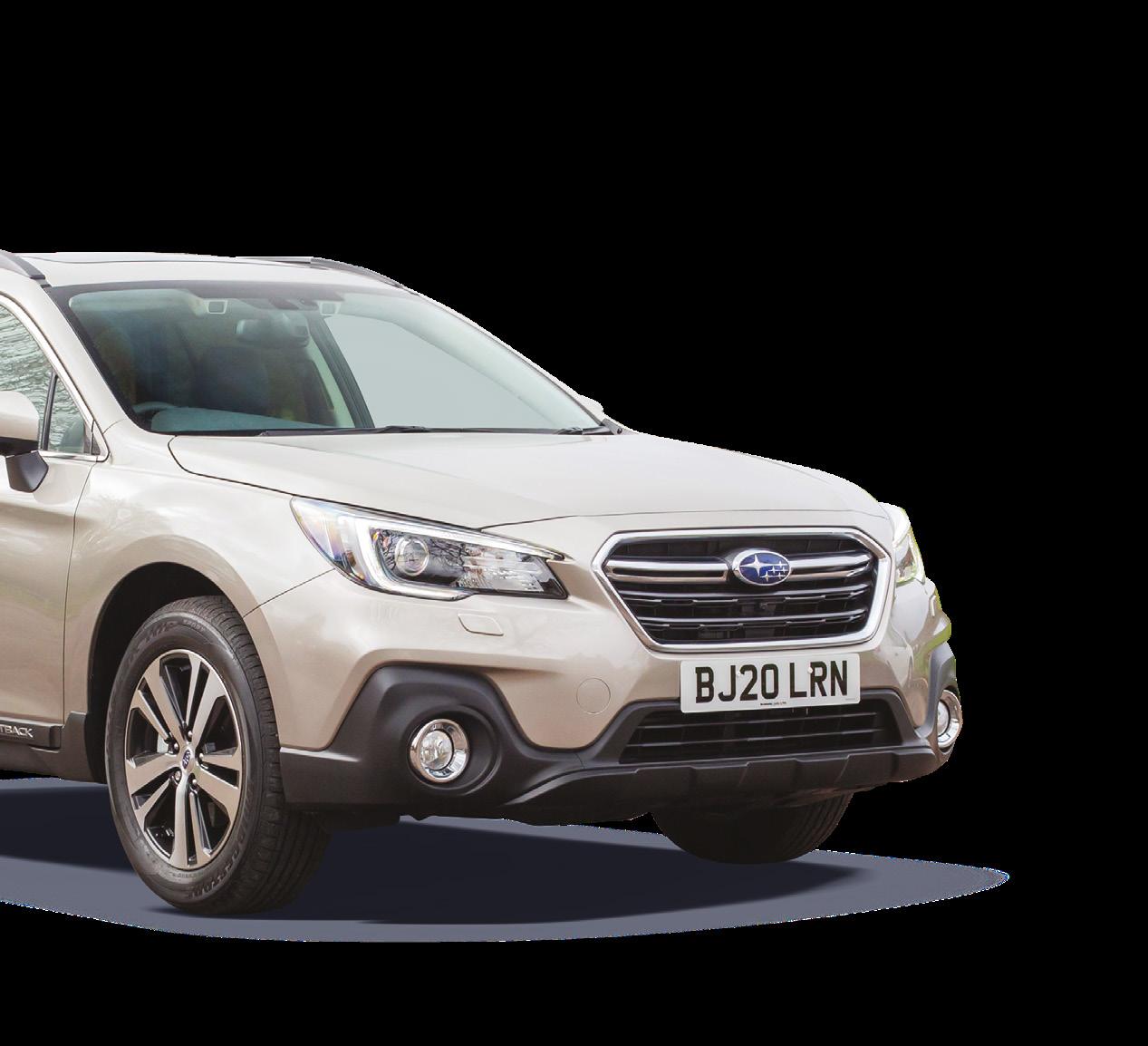
When Boris Johnson announced the UK’s third and ultimately longest lockdown on January 4, collective sighs of misery were heard throughout car dealerships across the UK.
The announcement was yet another hammer blow for an industry that had already taken its fair share of heat on the back of closed dealerships, disrupted supply chains, stunted manufacture and uncertain logistics.
For most of them, the freedom to reopen to the public in April will have come as a huge relief, as getting customers across the threshold remains more than half the battle of sealing a deal in a physical sales environment.
But there are some manufacturers that have marched their way through lockdown 3.0 with their heads held high, outperforming the first quarter of 2020 when they had a free run at the market. Who are they, and why have they outperformed the market?
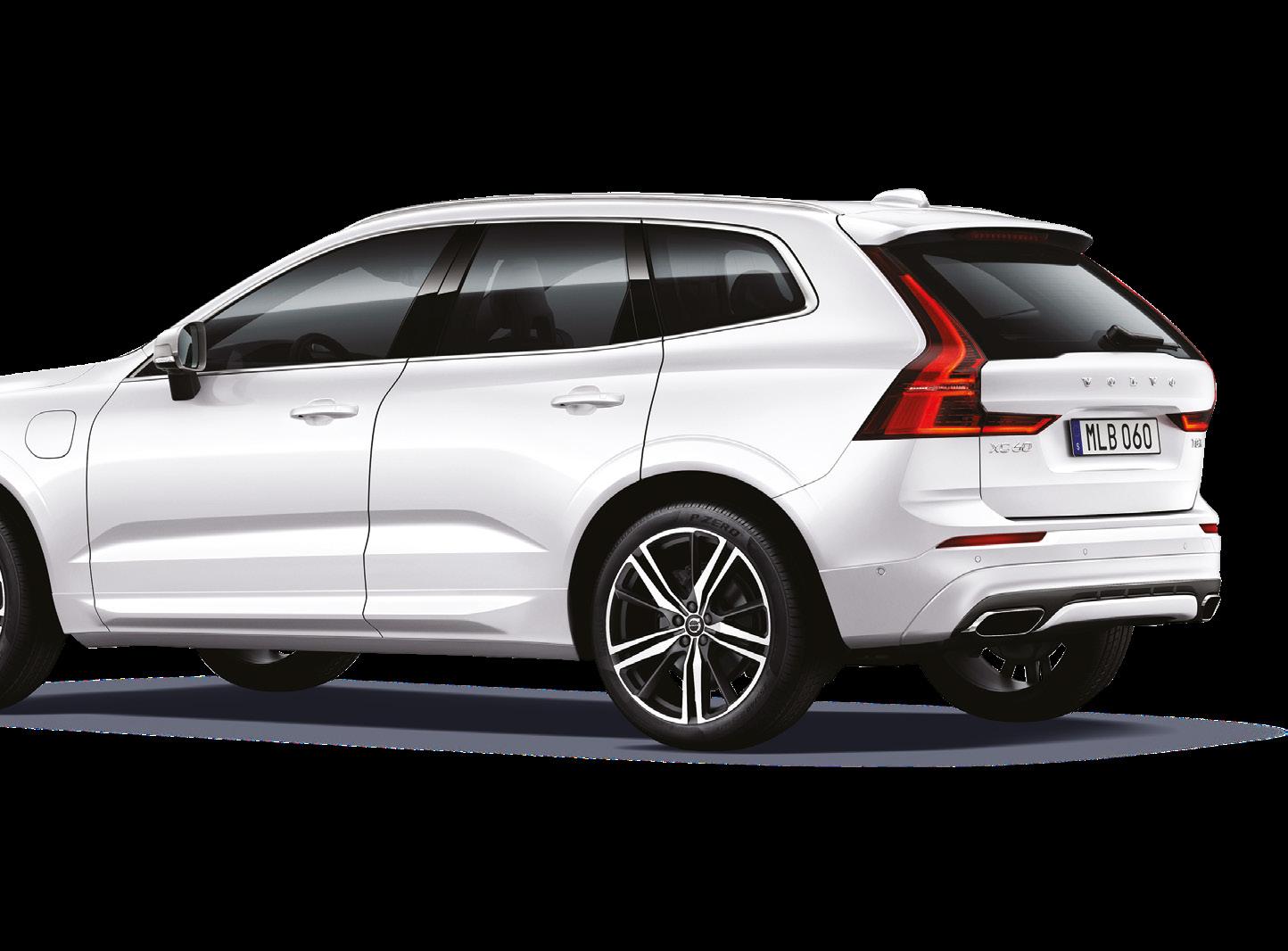
Subaru
A sales increase of just 57 units might not sound a huge amount year on year but the Subaru story needs to be put into perspective.
The brand ended 2020 with just 951 registrations, its worst year since it debuted in the UK, so the uplift is a positive story, especially for a brand that relies more than most on its network of local and independent dealers to deliver results.
The uptick in sales will be good news to the company’s new UK boss, John Hurtig, who made a commitment in late-2020 for Subaru to stay in the UK despite rumours to the contrary, and who is making a renewed focus on dealer performance the main driver behind the growth of the Subaru brand once again.
‘2020 was a horrible year,’ he said. ‘We’ve now changed a lot of things within Subaru UK.
We also need to change the structure of our dealer network entirely.’
Volvo
Volvo’s 15.36 per cent increase in sales in the first quarter of 2021 can be put down to the brand’s focus on removing dealers from the equation altogether in some areas.
For example, anyone who wants to buy a new XC40 EV can only do so online, while the brand’s ‘Care by Volvo’ concierge-based service means that online services for its other cars and products are core to their appeal, too.
In the brave new Volvo world, the dealer is there as a service to the owner and the business model for franchise success is based largely on aftersales services rather than physical car sales, with ordering Volvo models becoming an increasingly online phenomenon.
Confusing it may be, but for the manufacturer the idea seems to be working.
It’s certainly one to watch as we move into a world where dealerships are open again and the playing field levels out once more.
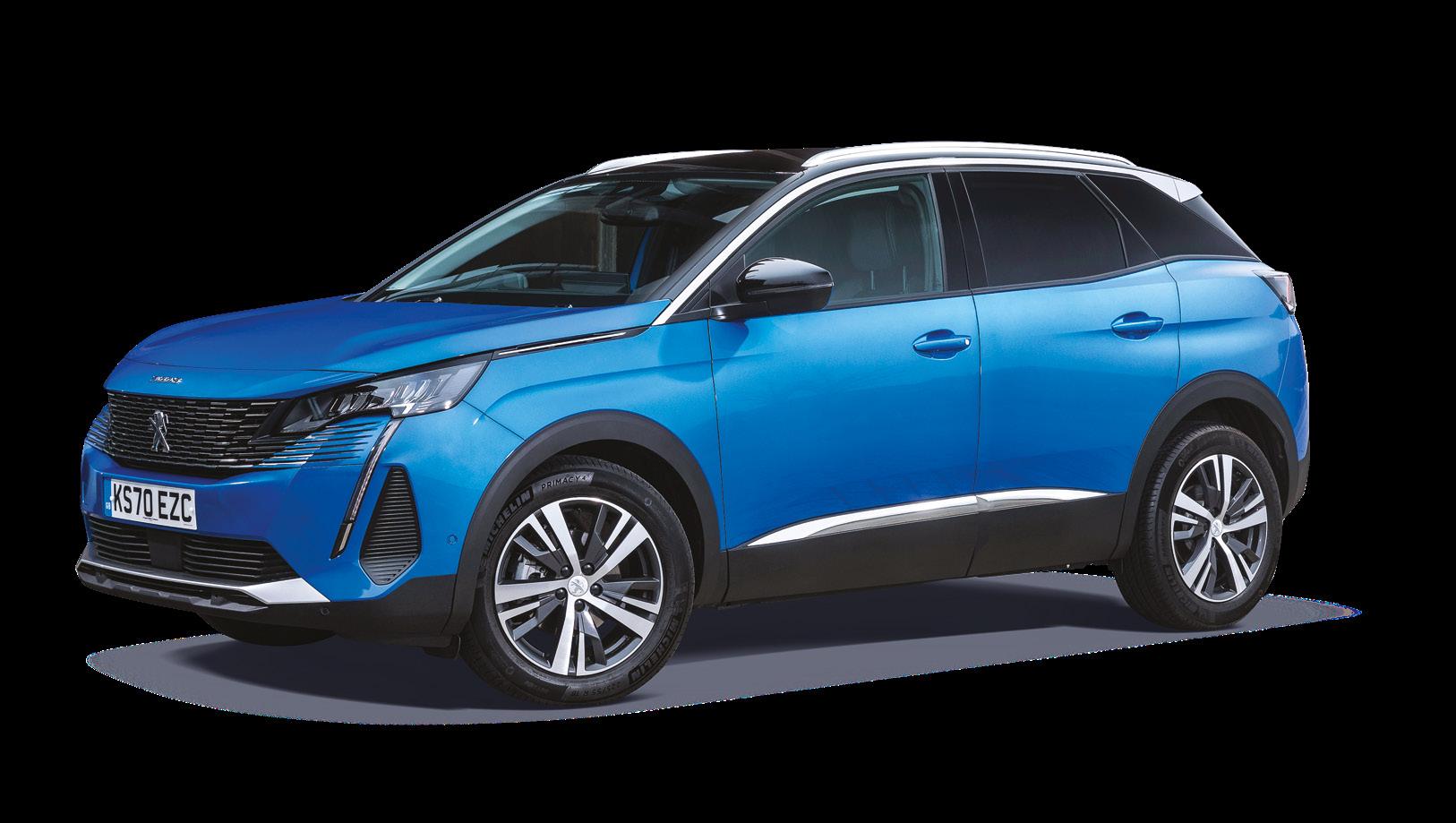
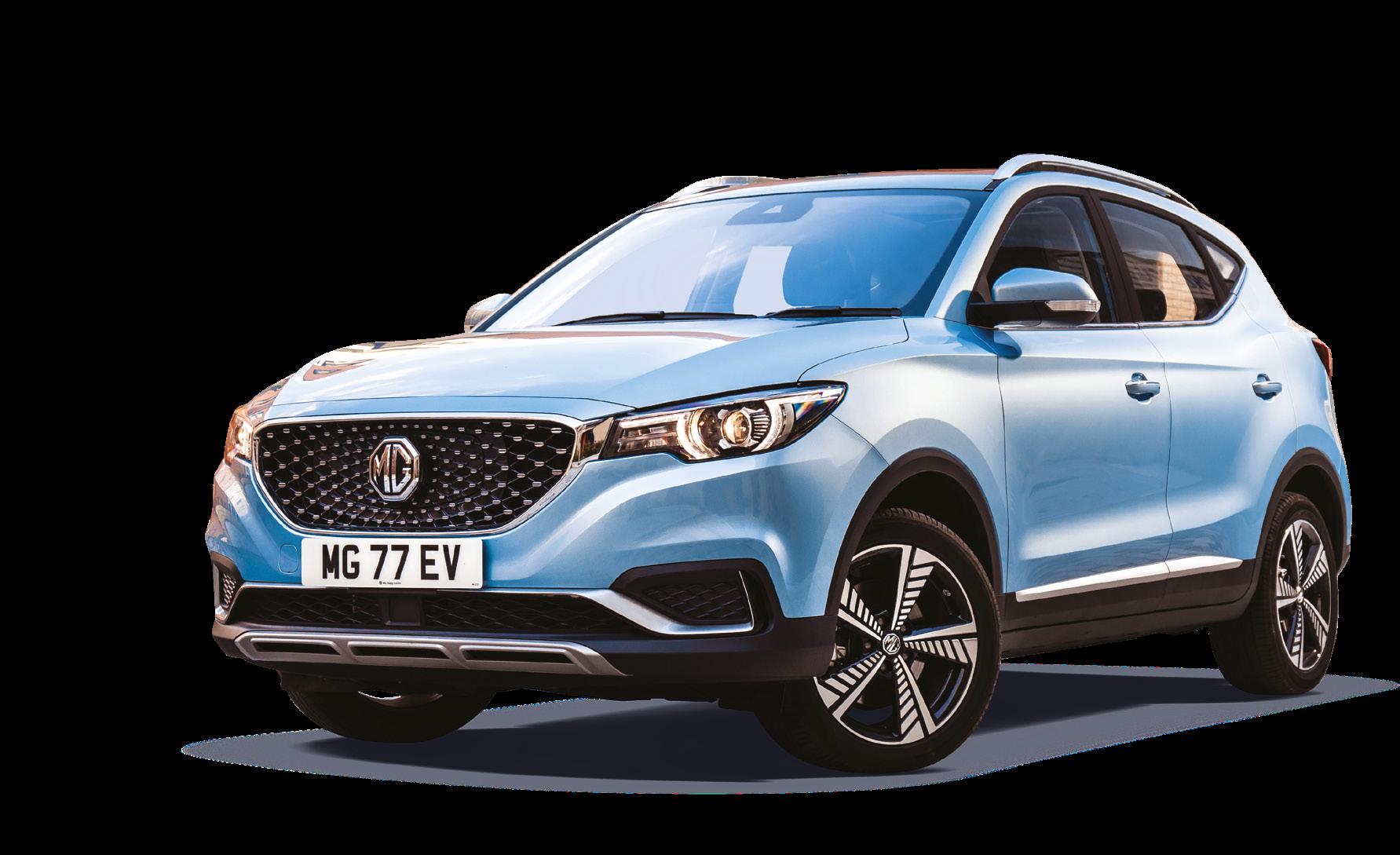
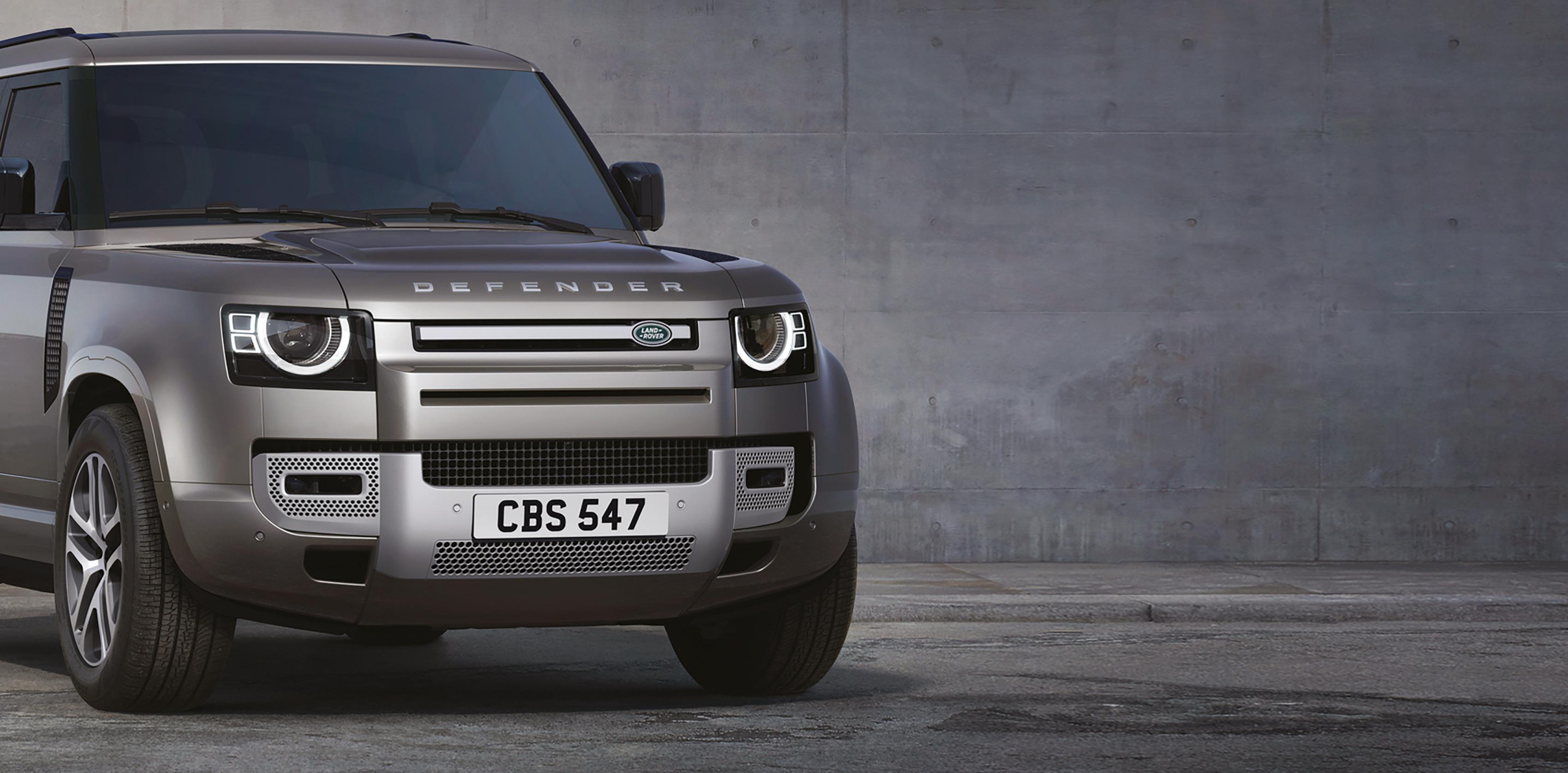
Peugeot MG
Any increase in registrations has to be good news for Land Rover, which is seen to be a barometer of the UK car industry’s health as much it is a simple business.
The Green Oval enjoyed a slight uplift in sales over Q1 2020, shifting 20,551 cars against 20,075 in the first quarter of 2020, the increase largely as a result of the new Defender finally coming on stream and deliveries being made against previously placed orders.
The new model, along with a facelifted Discovery, should hopefully see a strong sales performance for the rest of the year, too.
Peugeot recorded an impressive 4.33 per cent rise in sales in Q1 despite dealers remaining physically closed, thanks in no small part to a crafty but clever price cut for the e-2008 model, allowing customers to still take advantage of the zeroemissions car grant and giving the model a useful edge over its key rivals.
A commitment by PSA before its merger with FCA to become Stellantis was to make Peugeot the company’s volume brand across Europe and it appears to be working – the Peugeot 208 was the best-selling car across the EU in Q1 2021, with the UK market figure reflecting the same level of commitment to the growth of the Peugeot brand. All other Stellantis brands were down in Q1. Registrations in Q1 2020: 5,465 Registrations in Q1 2021: 6,161 Sales increase: 12.74%
MG reported its best March figures, after January and February performed below the previous year’s results.
The boost put the company in its strongest position, with a 1.45 per cent market share and Q1 sales substantially stronger than established rivals such as Honda, Fiat and Suzuki. It’s time, then, to take MG seriously.
There are two key reasons behind its success. The first is its commitment to affordable electric cars, with all of its EVs still eligible for zeroemissions grant funding. The second is an increased presence in the fleet/user chooser market thanks to those electric models. MG sold more EVs than Mercedes, Vauxhall and VW in Q1.
Guy Pigounakis, MG’s commercial director, said: ‘We’re incredibly proud of how our dealer network has risen to the challenge of operating in an environment where dealerships have been forced to remain physically closed.’








